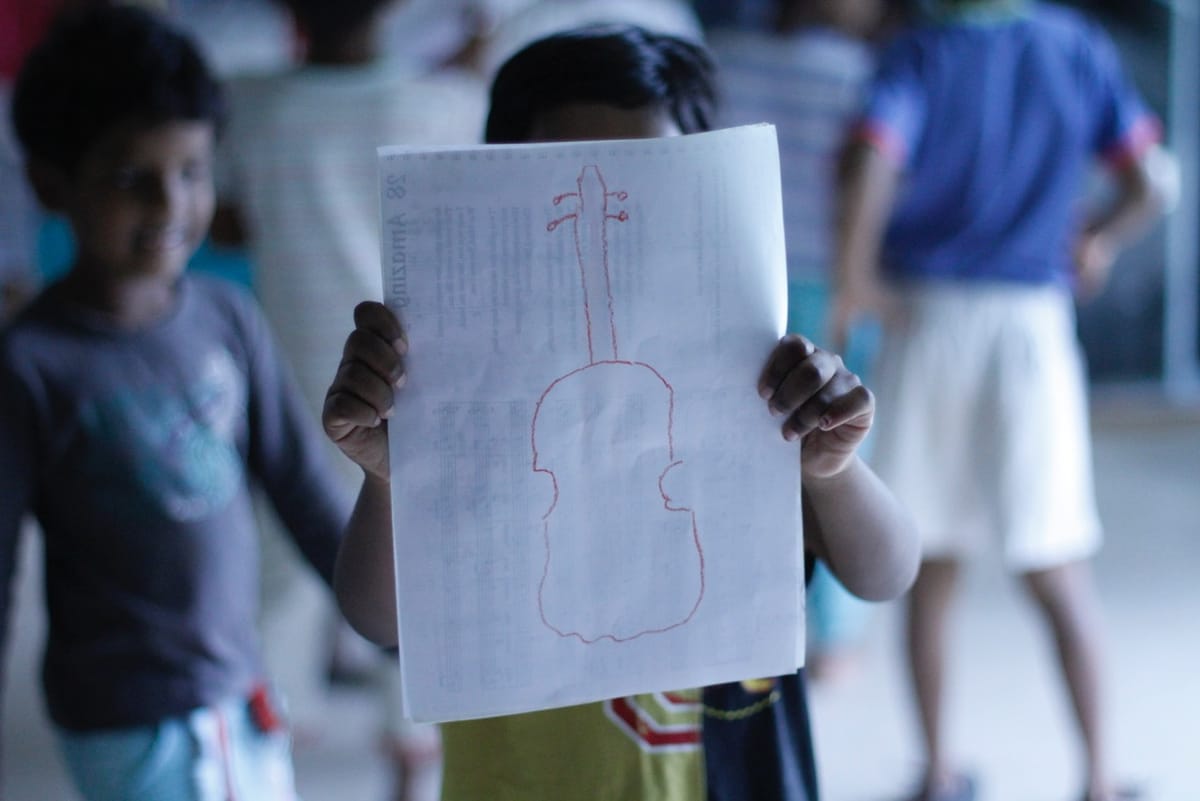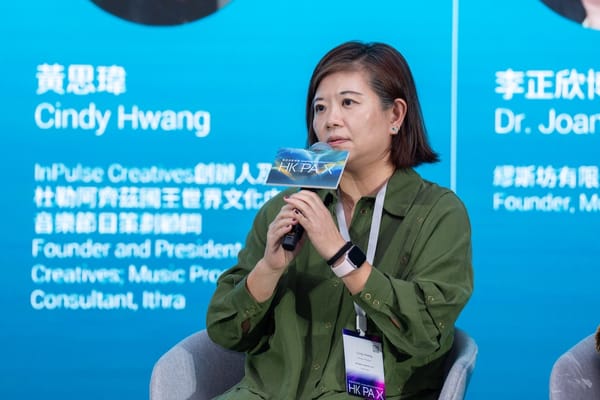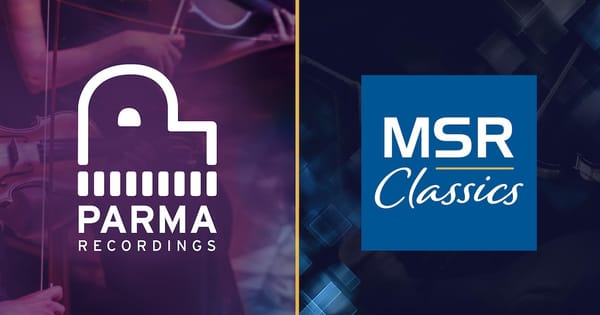Music education for life skills development in children

Most of my childhood was spent hearing about my dad’s travels in the “BIMARU” states in India (Bihar, Madhya Pradesh, Rajasthan, and Uttar Pradesh considered to be the most backward), and my eldest brother’s classical piano playing (today he is a pianist and a music therapist, and my dad is a grassroots as well as policy level development expert in the field of education). It was probably only natural that my interest in the impact of music developed. I have been fortunate to work with projects that capture and realise my philosophy of how art and music is inspired from within, and must be nurtured from without.
The most recent project I have been part of is at “Shanti Bhavan”, a residential school for economically and socially disadvantaged children in Tamil Nadu. Here, you will find children playing Beethoven or a piano rendition of one of the newest pop songs on one or both of the pianos at the school as early as 6 AM before they go for breakfast. One of the pianos is a beautiful Steinway. I am visiting the school as part of a collaborative project between Artists Striving to End Poverty (ASTEP), a New-York based arts organization that connects performing and visual artists with the children studying at the school. This partnership is grounded in the belief that the deleterious consequences of extreme poverty can be overcome if the problems are tackled in the early stages of a child’s development.
My work at Shanti Bhavan consists of understanding and highlighting the developmental and life skills (such as building leadership, decision making, confidence, team work), sense of self, values and attitudes (creativity, expression, view of the future) and musical competencies gained through the children’s participation in the arts programs. Research with the students has also revealed some links between academic and school involvement (school attachment, engagement, motivation, grades).
In surveys with the students, they have reported feeling more creative, feeling better about themselves and feeling like they can do things they didn’t think they could do before. Some students have even reported that being part of the music program has made them care more about school, pay more attention in class and participate more in school activities. More than three-fourths of the students surveyed reported that they think music is important in education.
“Music has given me the incentive to study. I get other work done so I can play piano!”
– Student, 17
“Music helps me calm down when I’m nervous. I go to the music room before a test and just play.”
– Student, 13
Although there is compelling evidence to suggest that music is a universal and effective tool for the delivery of positive impacts, studies of interventions employing the arts, and the outcomes these can create, are however, a more recent development, especially in India where the arts are forced to compete for limited resources and even acknowledgment as a tool of development. There is a marked exclusion of the arts at primary and secondary levels of school education, coupled with an over-emphasis on technical disciplines. In addition, for vulnerable or marginalized populations, there is a single-minded focus on meeting ‘basic needs’, leaving little scope or interest in arts-based interventions that may pose a viable and cost-effective alternative towards their development and social inclusion.
After-school programs for children and youth that operate in the non-school hours are now considered important partners that work alongside families and schools to support learning and development in children. Though programs might prioritize a range of issues – some more academic, others may be more focused on recreation, life-skills or leadership development and others may be a combination of these. Whether focused on music, art, sports, community service, most of these programs aim to contribute to the development of cross cutting skills to help young people take on any kinds of challenges whether at school, or later in college or their careers.
Further Information –
Music Basti www.musicbasti.org
ASTEP https://www.astep.org
Shanti Bhavan http://www.shantibhavanonline.org
Global Music Institute www.globalmusicinstitute.in




